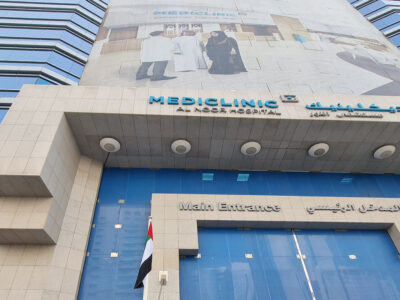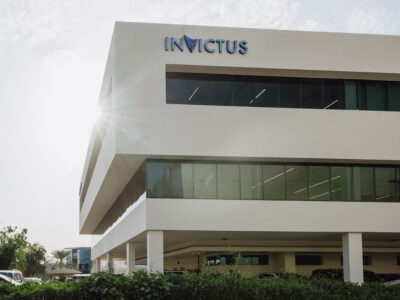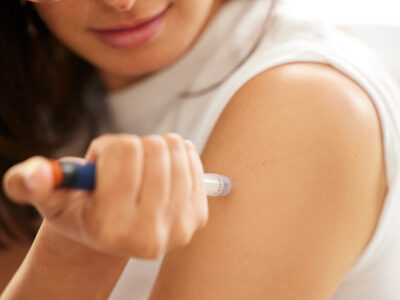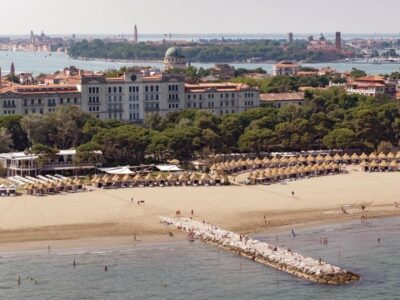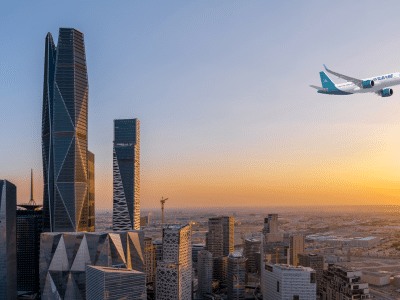“In this time when we all need to pause – Take a moment to reflect, to breathe, to dream… Across our city, we are all in this together, with you. Until we meet again.”
Exactly five years since these words were posted by Visit Dubai, echoing across empty streets, the emirate stands transformed.
The UAE took swift action as the pandemic unfolded, implementing its initial lockdown on March 26, 2020, as part of the National Sterilisation Programme. A night-time curfew from 8 PM to 6 AM was introduced to allow for nationwide disinfection, with public transport suspended and non-essential businesses closed. Just days earlier, on March 23, 2020, the UAE had suspended all passenger flights, limiting air travel to cargo and emergency repatriation services.
As cases surged, Dubai introduced a 24-hour lockdown on April 4, requiring residents to obtain movement permits for essential needs. Restrictions were gradually eased in late April and May, paving the way for a phased reopening.
What began as a crisis that shuttered businesses, grounded flights, and pushed hospitals beyond capacity has become the world’s masterclass in urban resilience. While the world watched, the United Arab Emirates converted catastrophe into opportunity, emerging not just recovered, but reinvented.
Arabian Business spoke with healthcare professionals who stood on the frontlines, reflecting on a period that reshaped their lives, their profession, and the UAE’s medical landscape.
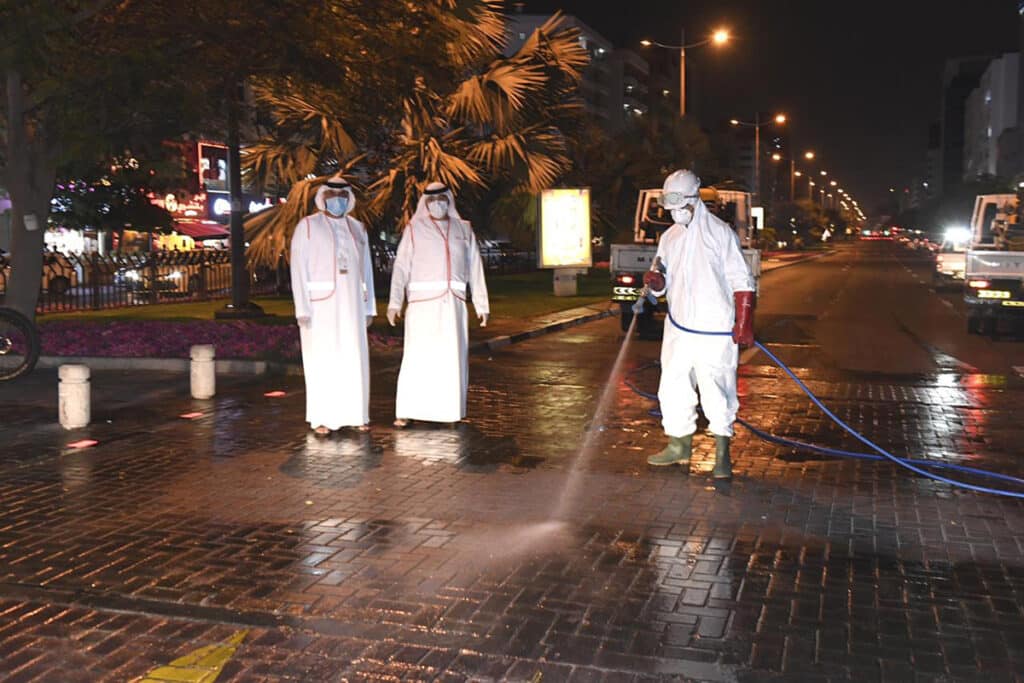
How UAE healthcare emerged stronger than ever
“Seeing the hope patients placed in us when they were sick, while others were afraid to go near them due to the risk of infection, made us feel even more responsible,” Dr. Saheer Sainalabdeen, Specialist Pulmonologist at Medeor Hospital in Dubai said, adding “along with the support of the hospital operations team and the Ministry of Health in the UAE, we were able to get through those tough times.”
For many healthcare workers, the pandemic was a test of endurance. Eman Dyab Mohammad Mashaqi, a Registered Nurse at Burjeel Hospital in Abu Dhabi, recalled the anxiety but also the camaraderie. “Despite the uncertainty, we leaned on each other and found strength in our shared mission to save lives.”
However, the crisis accelerated innovation across hospitals, leading to new medical protocols and improved patient care.
Facilities were rapidly restructured, digital health solutions expanded, and emergency preparedness became a core focus.
“Most planned surgeries were cancelled to ensure enough beds for patients. The high-dependency unit was converted into an ICU, and with the help of the biomedical team, we arranged more ventilators, high-flow oxygen equipment, and portable and home oxygen concentrators. The number of healthcare staff was also increased during this time,” Dr. Sainalabdeen explained.
The UAE’s investment in cutting-edge medical technology and research also intensified. From AI-powered diagnostics to telemedicine advancements, healthcare institutions adapted rapidly, ensuring lasting improvements in patient care.
“We had to adapt quickly to new protocols, safety measures, and patient care strategies,” Arunkumar M. Nair, Operation Theatre Technician at LLH Hospital, Abu Dhabi told Arabian Business.
Technology was used in patient monitoring, with telemedicine and remote monitoring systems implemented to reduce exposure and improve care efficiency. Staff who were previously spread out began working in closer-knit teams, and communication with external healthcare facilities increased to share resources and knowledge.
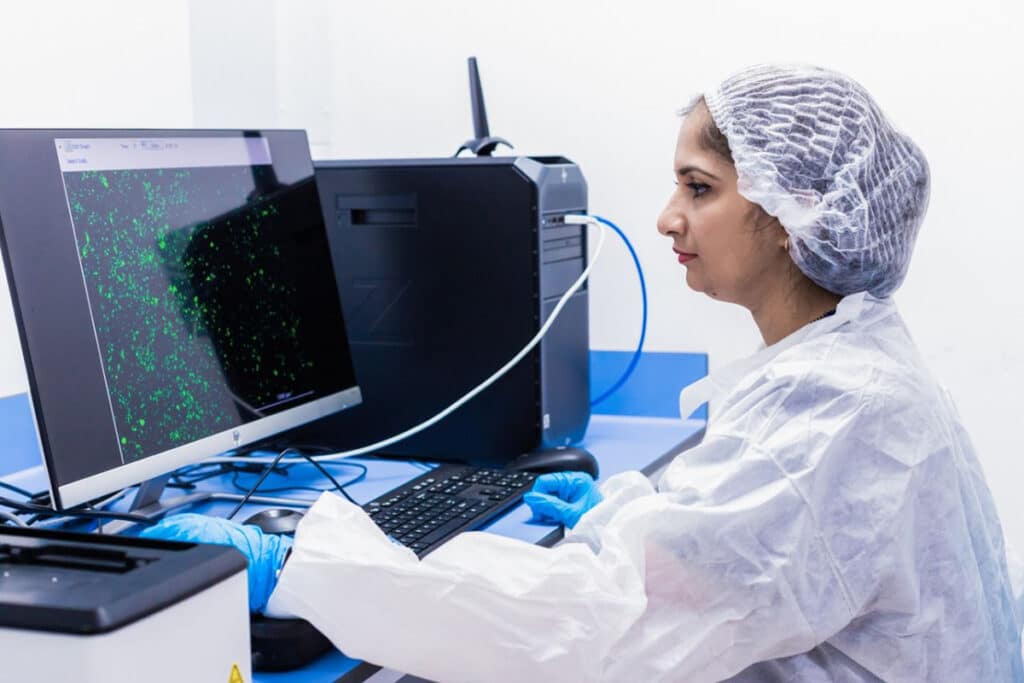
Hospitals introduced a mental health support system for staff, providing counselling, wellness programmes, and designated spaces for relaxation to address the emotional strain on frontline workers.
“The hospital set up dedicated COVID wards and isolation areas to separate infected patients from others. These wards were equipped with specialised ventilators, oxygen therapy systems, and critical care units to accommodate the growing number of severely ill patients. We also had to establish a triage system to prioritise patient care based on severity, which required careful assessment and quick decision-making,” Nair recalled adding that personal protective equipment (PPE) had become a “standard part” of their uniforms.
UAE healthcare workers recall pandemic’s physical, emotional toll
While the use of masks had protected these frontline heroes amid the virus outbreak, Eman Dyab Mohammad Mashaqi, who works as a registered nurse at Abu Dhabi’s Burjeel Hospital, said wearing it during peak summer was “difficult.”
“Wearing full PPE [masks] for extended periods in the UAE’s summer heat was incredibly difficult. The layers trapped heat, making even simple tasks exhausting. It added to the physical strain, causing discomfort, dehydration, and fatigue, but we had to endure it to stay protected,” she said.
However, despite the physical and emotional toll, healthcare workers found ways to stay connected with their families while keeping them safe.
“Our sense of togetherness as a family grew stronger, but at the same time, the lack of personal space and the constant stress of balancing work, children, and household duties made it challenging. The uncertainty and fear of exposure added to the tension, but we supported each other through it all,” she said.
Echoing the sentiment, Dr. Sainalabdeen, who is also a husband and a father of two children said he was unable speak to his family freely.
“I used to kiss my kids goodnight, but I haven’t been able to do that since I started treating COVID patients. My family was proud that I was able to help and alleviate the suffering of many patients, but they also lived in fear of me getting infected with COVID,” he said.
“Our biggest fear was bringing the virus home,” LLH Hospital’s Nair recalled, adding that “despite the challenges, the determination to save lives and the hope that things would get better kept me going.”
Nair, who himself battled COVID-19 in July 2021, recalled experiencing severe complications. His road to recovery took 450 days, but his experience reinforced the power of perseverance.
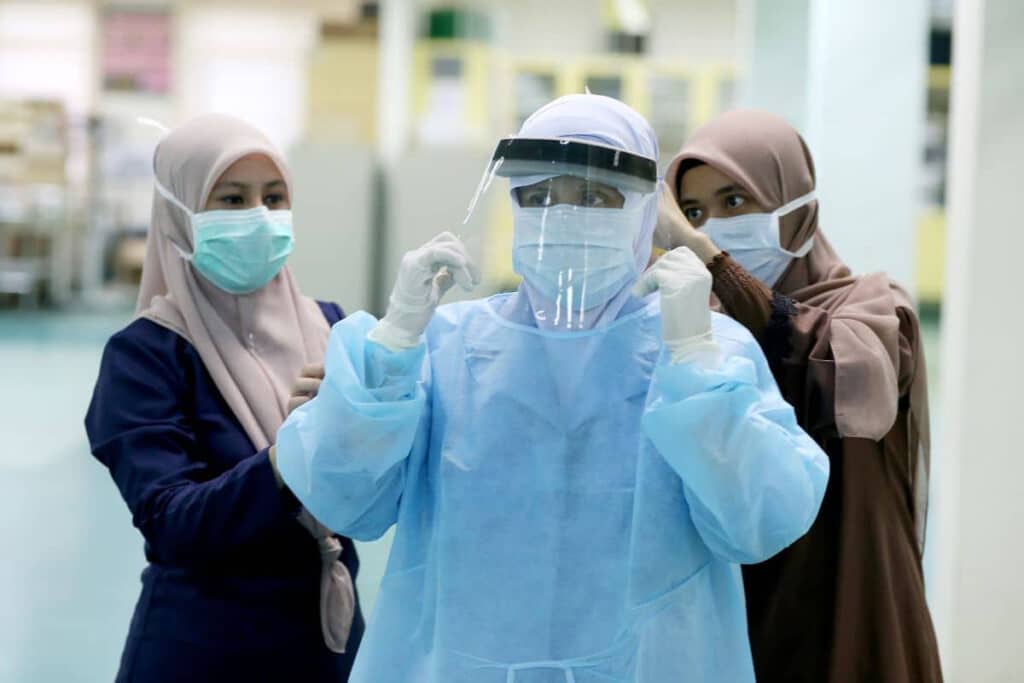
“I was infected with COVID-19, which led to severe lung damage, multiple cardiac arrests, and the inability to breathe on my own. I was placed on ECMO and a ventilator, spending six months in a semi-conscious state. Against all odds, I staged a miraculous recovery and was finally discharged in January 2022. However, the battle didn’t end there. It took another nine months of intense rehabilitation to regain my strength and return to duty. In total, I fought for nearly 450 days—first against the virus, then through the gruelling recovery phase. Coming back to normal life felt like a miracle, not just for me, but for everyone around me,” he said.
UAE frontline workers find renewed purpose
However, Burjeel Hospital’s Mashaqi recalled how months of the lockdown pushed these professionals to adapt in many ways.
“I found comfort in developing new hobbies, strengthening our relationships, and learning new skills. Despite the challenges, these moments of growth and connection helped me cope and stay resilient,” she said.
For Dr. Sainalabdeen, a great emphasis has been placed on “the importance of isolation, hand hygiene, and precautions to be taken while travelling. No matter how much research is conducted, virus mutations are always one step ahead,” he said, adding “I would like to give a huge hats off to our female medical staff, especially nurses, who worked prolonged and continuous shifts without showing any signs of fatigue.”
“My sense of duty and commitment to my patients gave me strength. Knowing that my work was making a difference, even in the smallest way, helped me push through the fatigue and fear. Support from my family and colleagues was also crucial. My wife, being a nurse, understood the struggles first-hand, and just knowing that she was standing with me gave me comfort. My colleagues became like a second family—we encouraged each other, shared our worries, and found strength in teamwork. Faith and mental resilience played a big role too. During moments of despair, I reminded myself that this was temporary, and we were fighting for a better future,” Nair added.
Five years on, the lessons of COVID-19 continue to shape healthcare practices in the UAE. The emphasis on hygiene, preparedness, and mental well-being remains strong, ensuring medical professionals are ready for future challenges.
